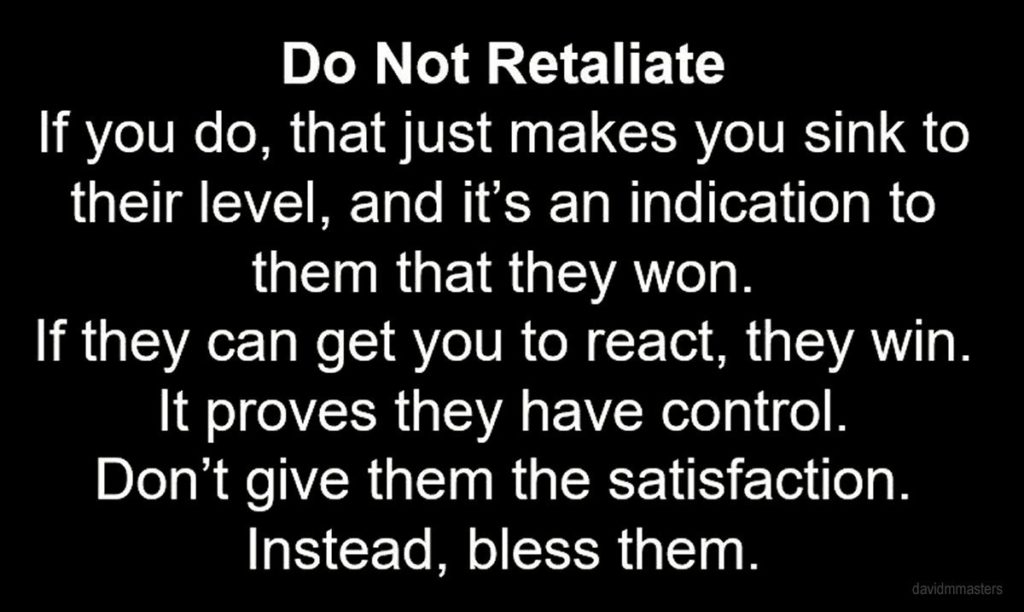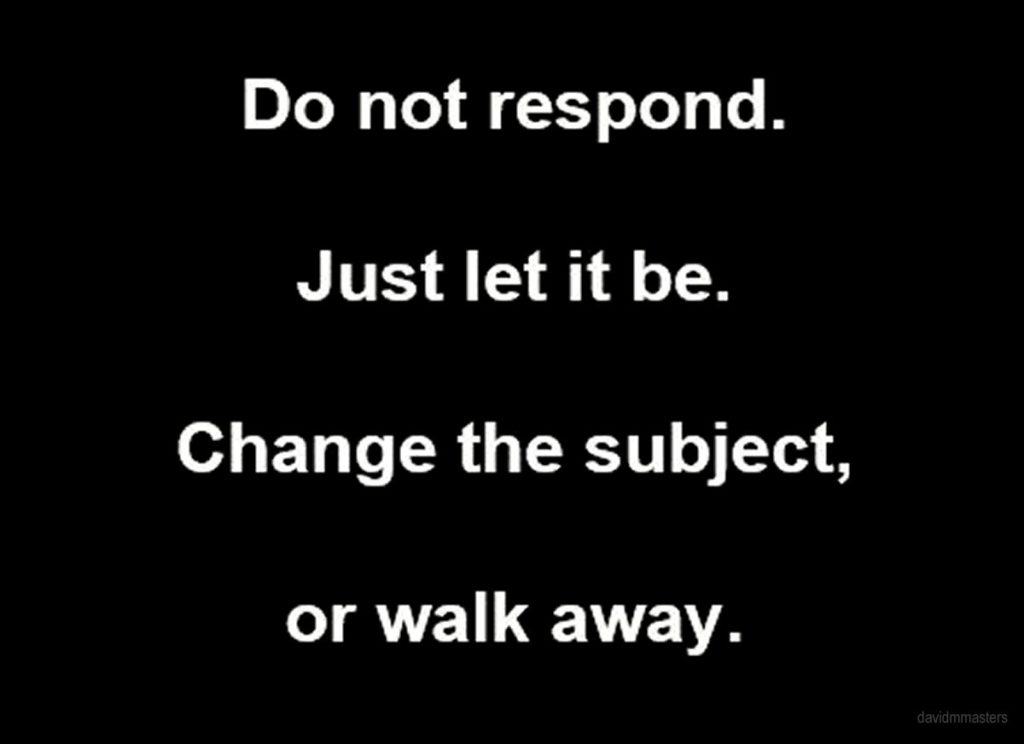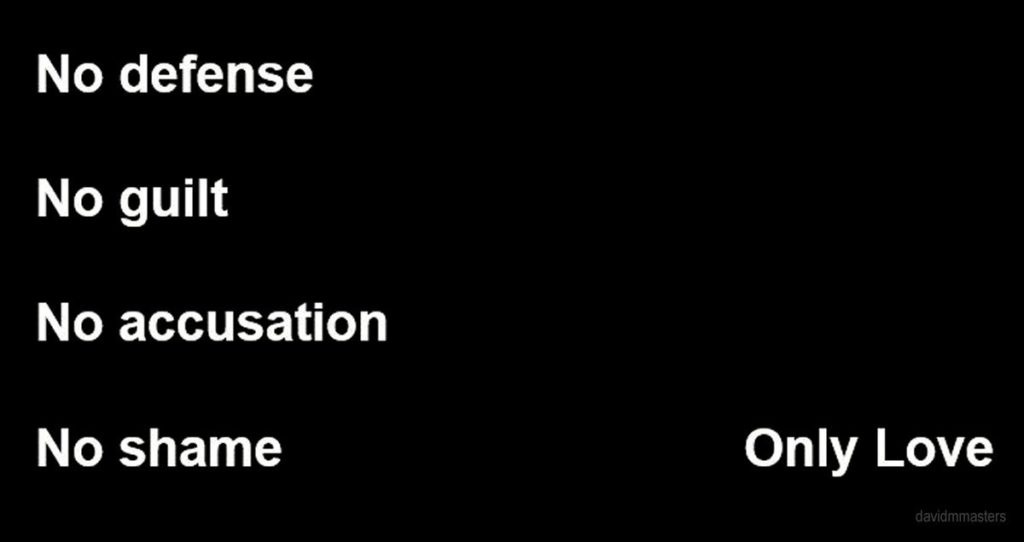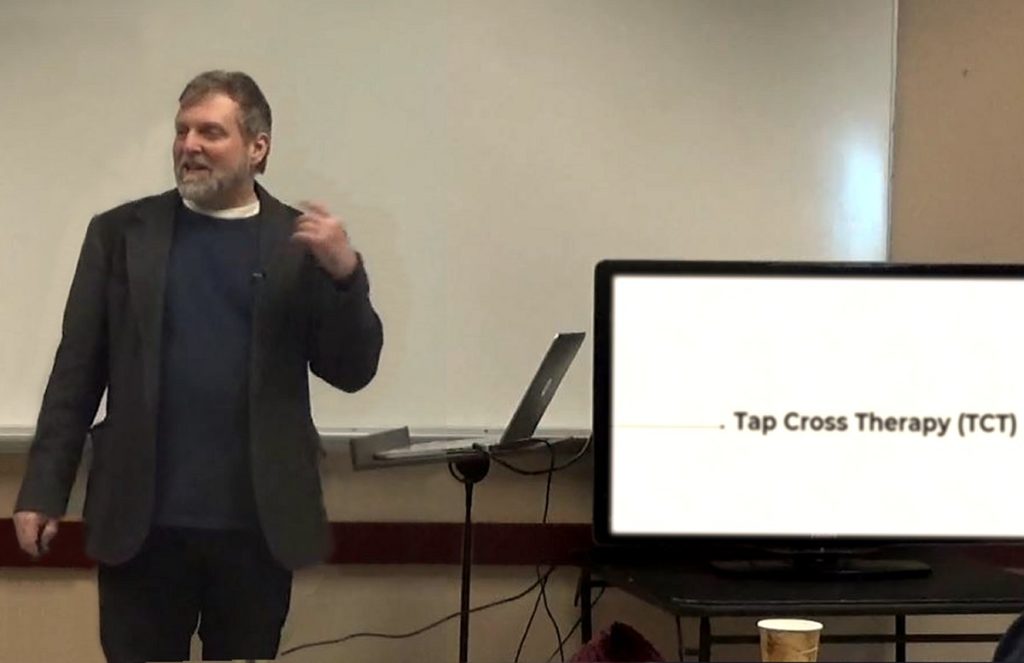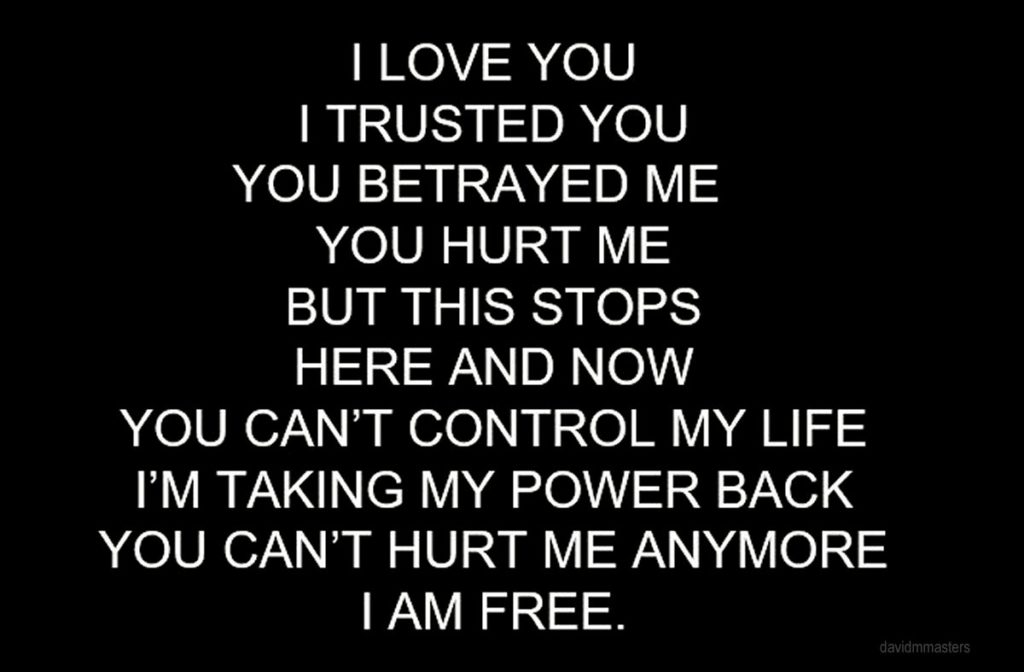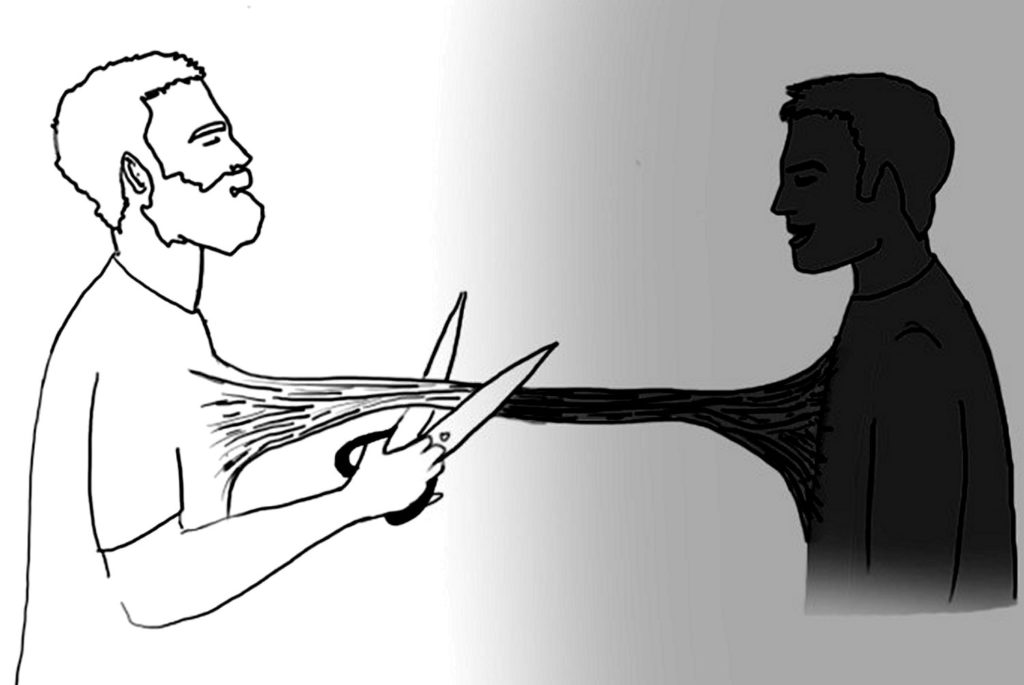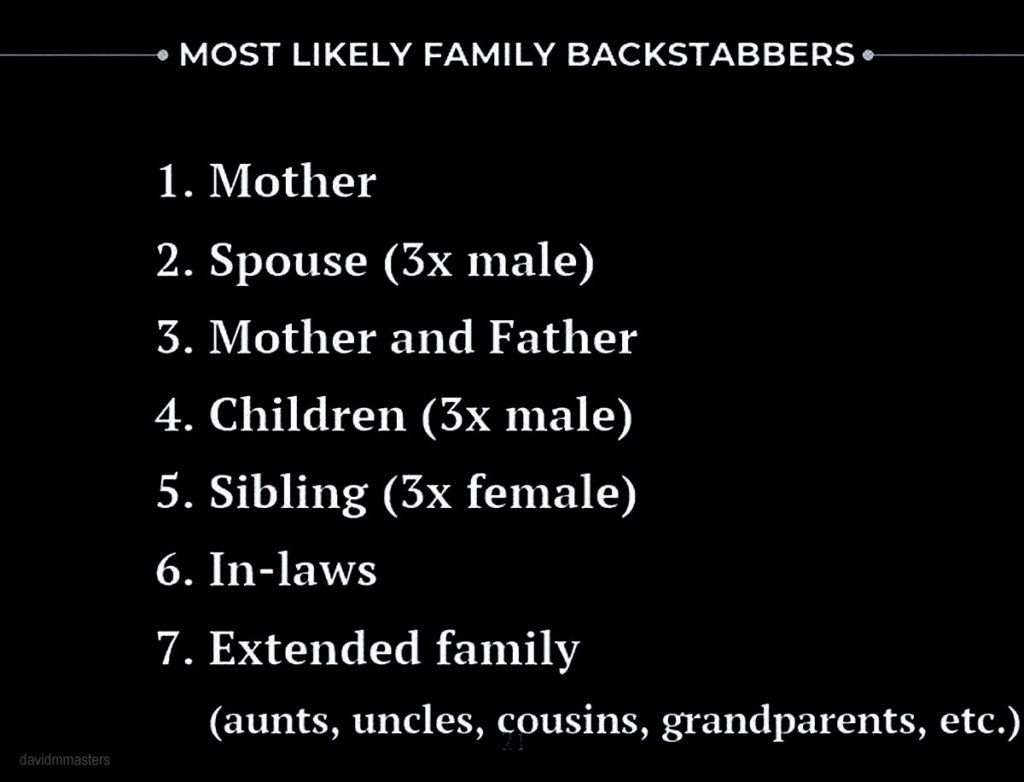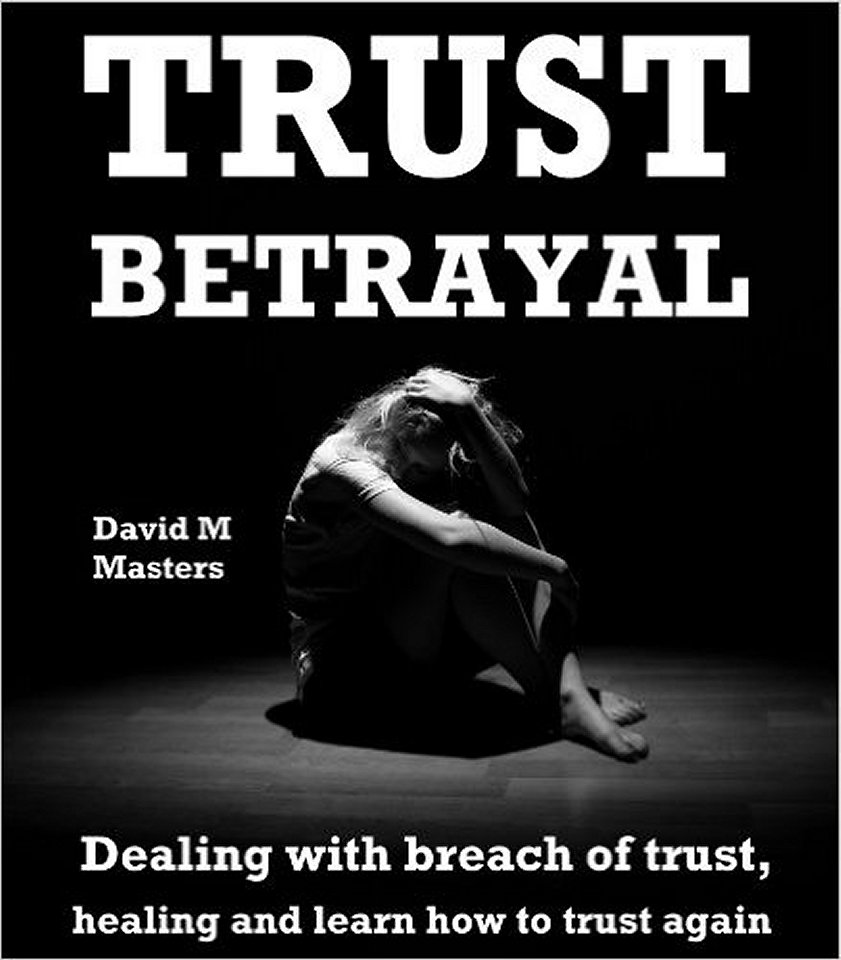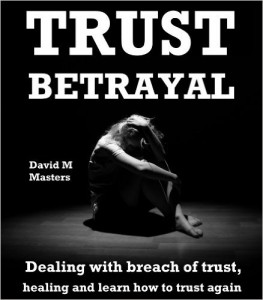Yes, there is life after trust and betrayal. Because you don’t live in a vacuum, you want to trust someone enough to establish a close relationship wherein you may share the intimate portions of your life. While relationships of all kinds are readily available, most of them are superficial at best. Yet you long to have a deeper connection with a person, someone you can be honest and open with, someone you can depend on, someone you can trust.

Trust doesn’t come easily, especially for you, if you’ve trusted before and have suffered the consequences of trusting someone who was untrustworthy or demonstrated betrayal of trust. If you trusted someone, then found out later trusting them was not in your best interest, then there is the likelihood you have been wounded by the experience.
The betrayal leaves wounds and scars which cannot be seen by outward appearance, though the emotional suffering which results from a misplaced trust can be much more painful than being bludgeoned by a gang of bloodthirsty thugs, and last much longer.
Is it any wonder you might think twice before entering that dark alley of trust again? How can you know if you can trust someone or, not?
You have a natural inclination to trust others, or not, based on the conditions under which you were raised. We learn either to trust or not trust others with the sensitive details of our life when we are young, and progress through adulthood.
Trust is a give-and-take endeavor, if you feel as though you cannot trust others, you will not likely be as open and honest as you could be, and you will live a heavily-guarded emotional life, feeling mostly disconnected and alone, but also have a sense of safety by not exposing yourself to potential betrayal.
You’re no fool. You are a keen observer of others and can decide whether someone is trustworthy in ten seconds. Every now and then, you find someone. Someone who appears to be trustworthy, someone you resonate with, someone you call friend, and you believe you can trust him or her, so after prolonged observation and data collection, you open up.
You put yourself out there, even if it is infrequently or a rare occasion because you desire this deep connection with another person, one that can only be achieved by trusting someone outside yourself who reciprocates with an equal degree of trust. This is the basis of true intimacy.
Then, before you know it, the trust is broken and you’ve been betrayed by your friend. Though, if you could consider the possibility, even if only for a moment, there is a forty percent chance the breach of trust was the result of your self-fulfilling prophecy.
You allowed yourself to question the idea of trusting anyone, therefore if you actually do trust someone, you expect to be betrayed, so the betrayal manifests itself, even if no betrayal actually took place. Not the best approach in dealing with betrayal.
It’s true, in many cases, a perceived breach of trust was actually a tragic miscommunication between people, which appeared to one or more of the participants as a breach of trust because that’s what he or she was looking for. When the red flag of mistrust was first perceived (even though it may not have actually been waived) the person who expected betrayal, points a finger and shouts, “I knew it!” Further supporting the position that no one can be trusted.
Casual relationships needn’t rely on a high level of trust and are therefore easier to maintain. Given a certain amount of time, a superficial relationship can morph into a more intimate relationship unbeknownst to the person who would otherwise be unlikely to trust. Nonetheless, trust slips in under the radar, and before you know it, someone else has trashed your trust in them, yet again. Though, in this case, there was never any expectation of trust communicated.
It is best, when communicating any sensitive information to someone, to at the very least, let them know that you are trusting him or her, as if to place a delicate crystal bauble in his or her hands with the expectation that he or she will care for it respectfully, protecting it from harm, so as not to damage it while in their possession, and have them acknowledge their commitment to you to keep it safe. It is clearly understood that you do not expect, and it would be devastating to you if he or she threw it onto the ground and crashed it into a million pieces.
Not setting the ground rules of the expectation of trusting someone with something is just not fair, for how is the person supposed to know, as we all regard different things as “sensitive information.” What might be highly sensitive to one person might only be interesting or humorous to someone else, without the proper supporting framework. After all, we can’t possibly know what’s going on inside someone else’s head.
And if you’re carrying around emotional wounds from past betrayals of trust, consider the idea of letting the anchors to those painful wounds go.
If you can allow your mind to conceive of the idea, you might be able to imagine the point of view of your transgressor. What if he or she was doing what they were doing (which encompassed the breaking of your trust) from an entirely different perspective than your vantage point, when the betrayal occurred?
If it is true, that
we are all doing the best we can with what we have
Then, there was no malicious intent of the person who conducted the breach of trust. In fact, that person had no idea (or maybe they did) that trust would be broken. What was going on in the mind and life of that person in that period of time in space left him or her with no other option but to make the decision to take the action which hurt you.
Has there ever been a time when you were falsely accused due to a misinterpretation when someone was unable to see something from your point of view?
If you were that person, had lived his or her life up until that point, and if you were under the exact same circumstances as he or she was in, in that moment… You would have done the same thing.
You could recoil in self-righteousness and say, “No, I wouldn’t.” But that is not true because had you been that person, you would have done the same thing, likely not for the reasons or with the intent which you have associated with the other person’s actions though.
Through empathetic understanding, try to imagine what was going on inside the emotional body and mind of the person you felt betrayed by. Why might they have felt like there was no other option? Be brave enough to try to compassionately imagine what it might have been like to been him or her in that moment in time. How hard might it have been?
Then, if you dare, forgive them, one by one.
You don’t have to tell them or confront them, you only have to forgive them in your own heart, and if you have the ability and the courage, to not carry a grudge and let it go.
There is hope for you, even if you believe that people cannot be trusted, that you can live to love and trust someone in a deeply connected relationship.
You have much love to give.

